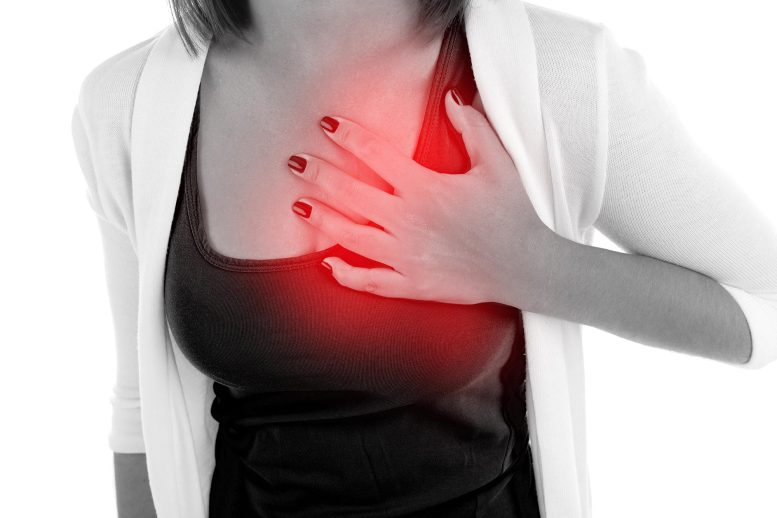
Women aged 55 and younger face nearly twice the risk of rehospitalization in the year following a heart attack compared to similarly aged men, as per a study supported by the National Institutes of Health. This disparity is possibly due to higher rates of risk factors like obesity, heart failure, and depression among women. The study recommends closer health monitoring for the roughly 40,000 American women in this age group who experience heart attacks each year. Non-cardiac factors such as depression and low-income levels, which are more common in women, also contribute to the higher rehospitalization rates.
NIH-supported findings identify risk factors in women and suggest the need for closer monitoring.
A study funded by the risk factors such as obesity and diabetes.
The biggest sex disparities showed up in non-cardiac rehospitalizations, which were more than twice as high (or 2.10 times higher) in women than men. These were hospitalizations caused by events not related to heart disease or stroke, such as digestive problems, depression, bleeding, and pneumonia.
The reasons behind these higher non-cardiac rates are unclear, but the researchers found a higher percentage of women than men tended to identify as low income (48% vs 31%) and had a higher history of depression (49% vs 24%). While low income is not a medical measure, it is often associated with poor health status due to limited access to healthcare. The risk for depression is known to increase following a heart attack and may be a risk factor in higher hospitalization rates due in part to undertreatment of the condition in women. However, further studies will be needed to further explore how these factors affect disparate hospitalizations following a heart attack.
“Future research on non-cardiac risk factors after hospital discharge following heart attack could lead to the development of targeted strategies that can narrow this equity gap,” said Gina S. Wei, M.D., MPH, associate director of NHLBI’s Division of Cardiovascular Sciences and NHLBI’s senior scientific advisor on women’s health. “We look forward to more studies in this area.”
Reference: “Sex Difference in Outcomes of Acute Myocardial Infarction in Young Patients” by Mitsuaki Sawano MD, PhD, Yuan Lu ScD, César Caraballo MD, Shiwani Mahajan MBBS, MHS, Rachel Dreyer PhD, Judith H. Lichtman PhD, MPH, Gail D’Onofrio MD, MS, Erica Spatz MD, MHS, Rohan Khera MD, MS, Oyere Onuma MD, MSc, Karthik Murugiah MBBS, John A. Spertus MD, MPH and Harlan M. Krumholz MD, SM, 1 May 2023, Journal of the American College of Cardiology.
DOI: 10.1016/j.jacc.2023.03.383
This study was supported by grant R01HL081153 from the National Heart, Lung, and Blood Institute and used data from the VIRGO study (NCT00597922).






